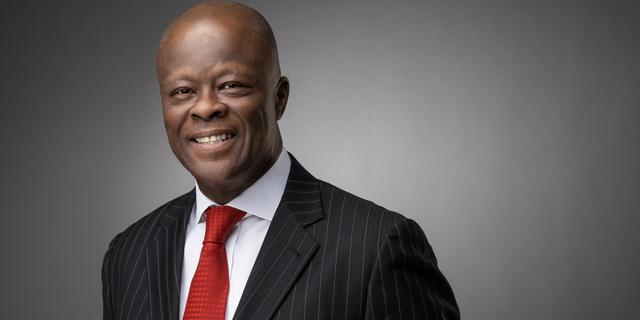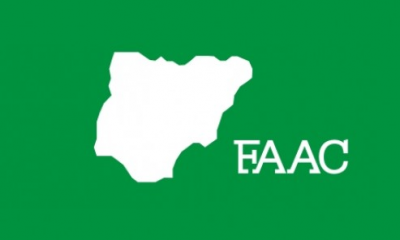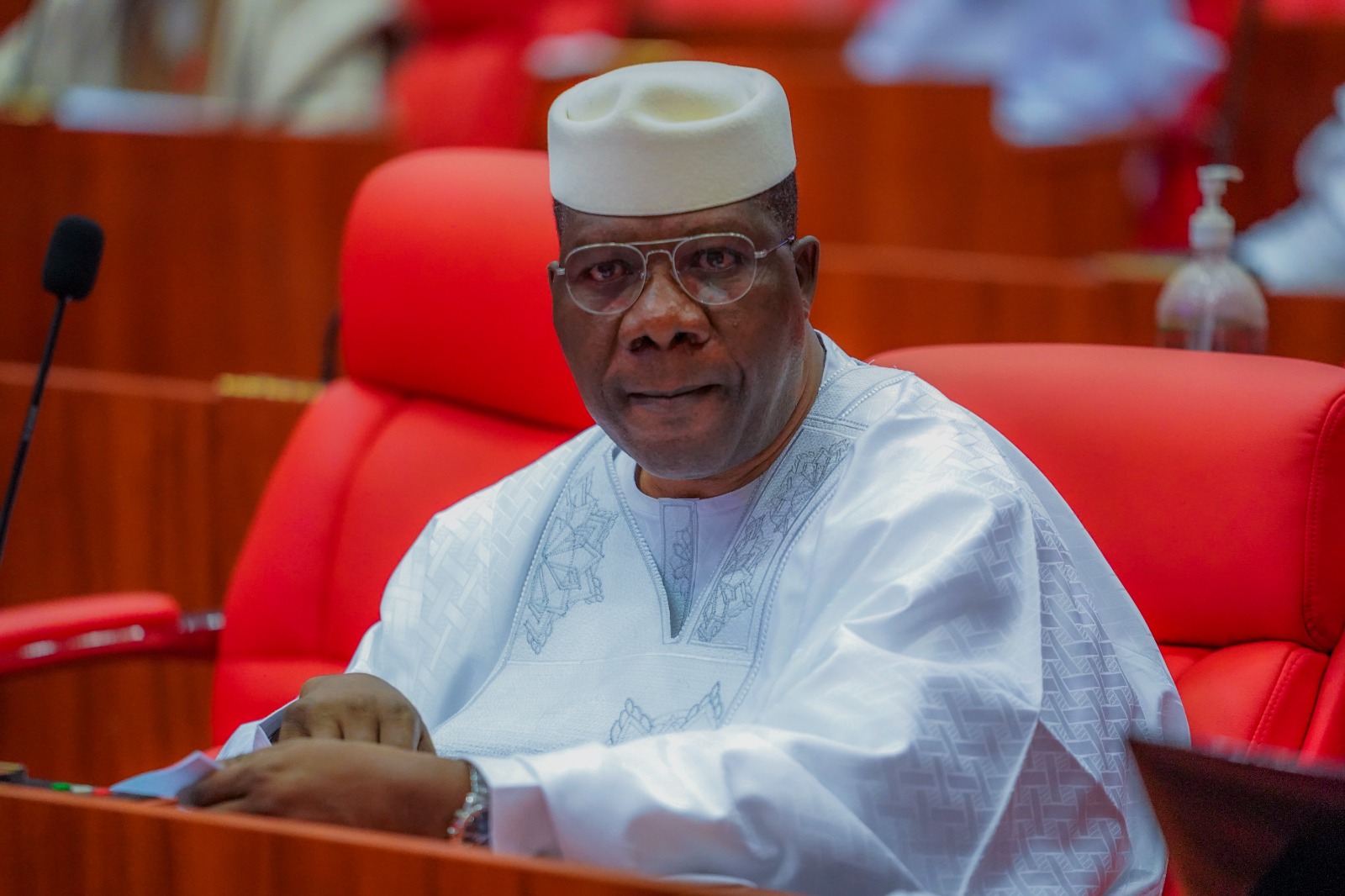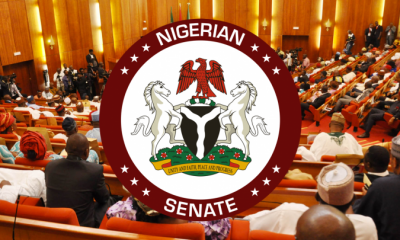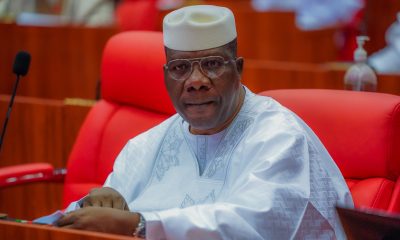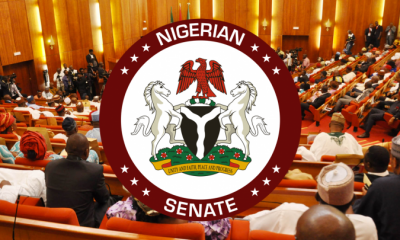The Federation Account Allocation Committee (FAAC) has shared N966.110 billion to the Federal Government, States and Local Government Councils as July 2023 Federation Account Revenue.
The communiqué stated that from the total distributable revenue of N966.110 billion; the Federal Government received N374.485 billion, the State Governments received N310.670 billion and the Local Government Councils received N229.409 billion.
A total sum of N51.545 billion was shared to the relevant States as 13% derivation revenue.
This was contained in a communiqué issued at the end of FAAC meeting for August 2023.
The meeting was chaired by the Minister of Finance and Coordinating Minister of the Economy, Wale Edun.
The N966.110 billion total distributable revenue comprised distributable statutory revenue of N397.419 billion, distributable Value Added Tax (VAT) revenue of N271.947 billion, Electronic Money Transfer Levy (EMTL) revenue of N12.840 billion and Exchange Difference revenue of N283.904 billion.
The total deductions for cost of collection was N62.419 billion and total deductions for savings, transfers, refunds and tax credit cancellation was N717.962 billion.
The balance in the Excess Crude Account (ECA) was $473,754.57
Gross statutory revenue of N1,150.424 billion was received for the month of July 2023. This was lower than the sum of N1,152.921 billion received in the month of June 2023 by N2.497 billion.
In a statement made available to The Star on Tuesday August 22 by Bawa Mokwa, Director (Press and Public Relations), Office of the Accountant General of the Federation, from the N397.419 billion distributable statutory revenue, the Federal Government received N190.489 billion, the State Governments received N96.619 billion and the Local Government Councils received N74.489 billion. The sum of N35.822 billion was shared to the relevant States as 13% derivation revenue.
For the month of July 2023, the gross revenue available from VAT was N298.789 billion. This was higher than the N293.411 billion available in the month of June 2023 by N5.378 billion.
The Federal Government received N40.792 billion, the State Governments received N135.974 billion and the Local Government Councils received N95.181 billion from the N271.947 billion distributable VAT revenue.
The N12.840 billion Electronic Money Transfer Levy (EMTL) was shared as follows: the Federal Government received N1.926 billion, the State Governments received N6.420 billion and the Local Government Councils received N4.494 billion.
From the N283.904 billion Exchange Difference revenue, the Federal Government received N141.278 billion, the State Governments received N71.658 billion, the Local Government Councils received N55.245 billion and the sum of N15.723 billion was shared to the relevant States as 13 percent mineral revenue.
According to the communiqué, Import and Excise Duties and Electronic Money Transfer Levy (EMTL) increased considerably while VAT increased marginally.
Petroleum Profit Tax (PPT), Companies Income Tax (CIT) and Oil and Gas Royalties recorded significant decreases.
